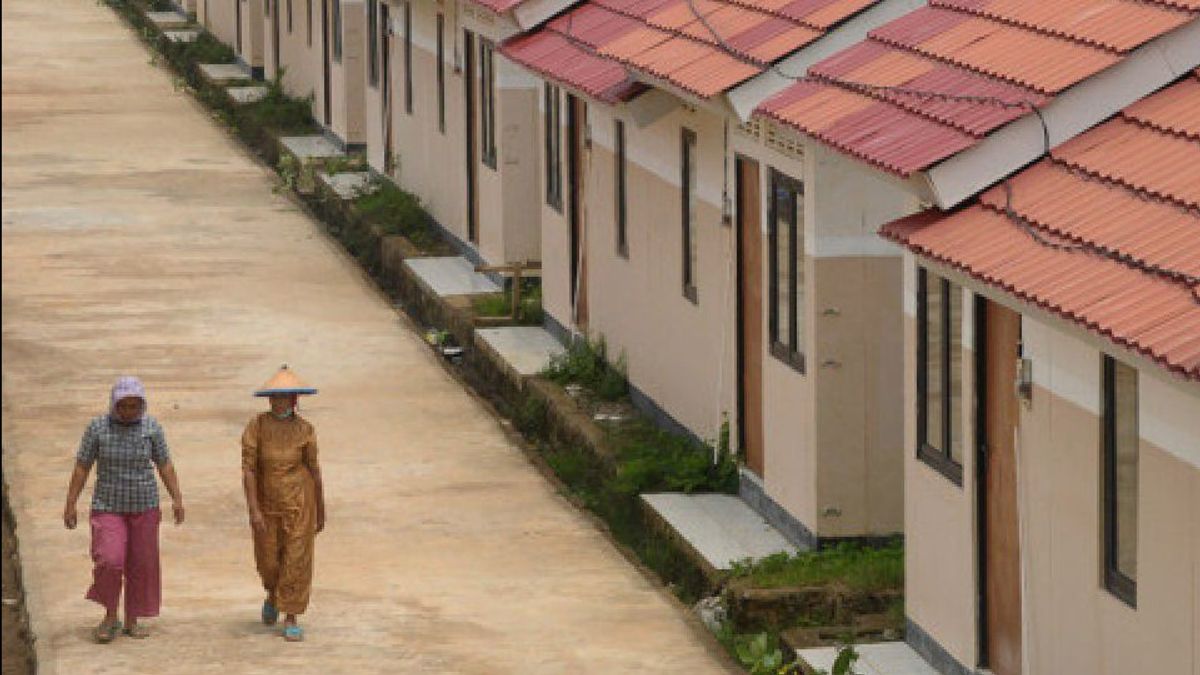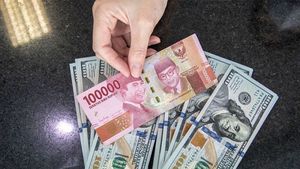JAKARTA - Director of the Digital Economy Center of Economic and Law Studies (Celios) Nailul Huda, also questioned the effectiveness of Tapera contributions in addressing housing needs for people in Indonesia.
For information, President Joko Widodo stipulated Government Regulation Number 21 of 2024 concerning amendments to Government Regulation (PP) Number 25 of 2020 concerning Public Housing Savings (Tapera).
In Article 15 paragraph 1 PP 21/2024, it is regulated that the amount of participant savings is set at 3 percent of the salary or wages for employee participants and income for independent employee participants.
Meanwhile, in paragraph 2, the amount of participant savings as referred to in paragraph (1) for employee participants is borne jointly by the employer at 0.5 percent and the employee at 2.5 percent.
This rule generally does not only apply to private workers but also regulates ASN, TNI, and Polri who are paid directly by the state.
Meanwhile, Tapera contributions for workers who receive salaries or wages originating from the state treasury will be regulated directly by the Ministry of Finance through joint coordination with the Ministry of State Apparatus Empowerment and Bureaucratic Reform.
Meanwhile, Tapera contributions from BUMN, BUMD, BUMDes, and private employees will be regulated by the Ministry of Manpower. Then, independent workers will be regulated directly by BP Tapera.
Huda said that the Tapera contribution obligation is a form of government policy in providing housing financing for low-income people (MBR).
"Tapera was promulgated in Law No. 4 of 2016. The latest PP that is widely popular is a derivative of this law. The law makes it clear that workers and independent workers who earn a minimum minimum wage are required to participate in Tapera," he explained to VOI, Tuesday, May 28.
However, Huda questioned whether it was true that Tapera could solve the housing backlog problem in Indonesia. As a rule, this obligation has been running since 2018 or two years after the Tapera Law was issued.
"But has the housing backlog problem been resolved? In fact, the housing backlog is still too high. Bank Tabungan Negara has also been injected with jumbo PMN in 2023 to help with home ownership," he said.
According to Huda, Tapera's goal is very much between investment and home ownership gathering. The funds collected from participants are managed into several investment portfolios, namely corporations (47 percent), SBN (45 percent), and the rest are deposits.
"The regulation also states that participants have the right to receive information from investment managers about funds and the results of our funds. Are we notified every month where our wealth is?" he explained.
Huda said that with SBN's position at 45 percent of the total funds managed by BP Tapera, it is certainly easy for the government to issue SBN because it can be purchased by government agencies including BP Tapera using public money.
SEE ALSO:
"Remember, the BI rate has risen, which means that deposits are actually more profitable than SBN. The government wants to increase SBN interest, which of course creates a debt burden. When the private sector is reluctant to invest in SBN, government agencies are the solution. One of the BP Tapera officials is the Minister of Finance who has an interest in absorption of SBN," he explained.
Huda said that the benefits for participants who do not take the Tapera program will be very minimal. Participants who do not take their first house, because of preference or already have a house, will actually be at a disadvantage if the rate of return is not optimal.
According to Huda, the money taken for Tapera contributions should be used for his own investment, but the results taken for Tapera may not be optimal, or the rate of return may even be lower than inflation.
"So there is a lost opportunity cost," he said.
The English, Chinese, Japanese, Arabic, and French versions are automatically generated by the AI. So there may still be inaccuracies in translating, please always see Indonesian as our main language. (system supported by DigitalSiber.id)
















